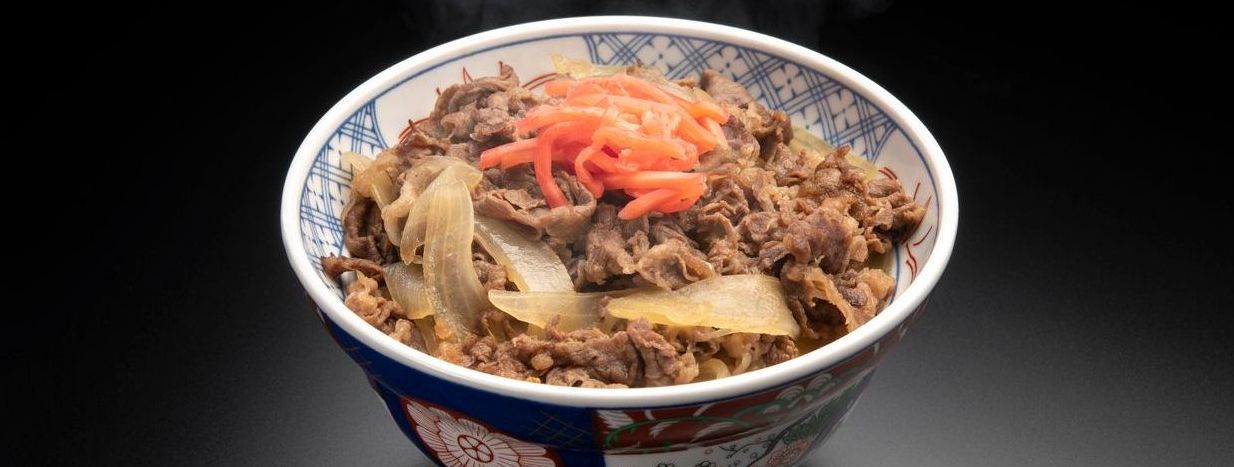2024/12/20
August Sees Negative Real Wage Growth and a Slowdown in Personal Consumption: Readiness Needed to Move Beyond Deflation

On October 8, the Ministry of Health, Labor and Welfare (MHLW) released the provisional report of Monthly Labor Survey for August. Total cash earnings per worker reached 296,588 yen on a nominal basis (up 3.0% year-on-year), with full-time workers at 377,861 yen (up 2.7% year-on-year) and part-time workers at 110,033 yen (up 3.9% year-on-year). The scheduled cash earnings of the former and hourly wages of the latter also rose by 2.9% and 4.8%, respectively from the same month last year. However, real wages, adjusted for price fluctuations, declined by 0.6% compared to the same month last year, turning negative for the first time in three months.
Negative real wage growth was due to consumer prices rising 3.0% year-on-year in August, outpacing wage increases. At the same time, it can be said that the figures in June, which marked the first wage increase in 27 months, and July were boosted by summer bonuses, and the “underlying trend” has not fundamentally changed. However, the rate of wage decline was narrowing, raising expectations for an increase in consumer spending during the “summer season.”
This optimistic outlook was dampened by the issuance of the Nankai Trough Earthquake Emergency Advisory and typhoon warnings that heightened public alarm during the summer Bon holiday period. Resultingly, household consumption expenditure in August fell by 1.9% in real terms compared to the previous year. Notably, declines were observed in categories such as ‘transportation & communications’ and ‘culture & recreation’ due to slumping car sales and a decrease in domestic package tours, pushing individual consumption down by 17.1% for the former and 6.9% for the latter. On the other hand, there was tremendous growth in demand for air conditioners (up 22.7%) driven by the record-breaking heat wave, as well as for disaster preparedness supplies such as rice (up 34.5%), cup noodles (up 18.1%), and toilet paper (up 17.2%)—according to data from the Family Income and Expenditure Survey by the Ministry of Internal Affairs and Communications.
Statistical data for August shows that people across Japan were on alert for a potential megaquake, struggling with a severe heat wave, and affected by soaring prices. Now, there are rising concerns about the future of the crude oil market as tensions in the Middle East continue to escalate. The upturn in U.S. employment rates diminishes the likelihood of a significant interest rate cut. A delay in exchange rate adjustments suggests that import prices will remain high. Despite a series of economic strategies—such as Abenomics, the government-initiated Spring Labor Offensive, and the New Form of Capitalism—we have yet to see a true “declaration of the end of deflation.” Amid these circumstances, the three major gyudon (beef bowl) chains have launched all together a limited-time discount campaign on “regular-sized bowls under 400 yen.” We are truly at a crossroads: do we once again close ourselves off in a “cheap Japan,” or do we strive for growth in a “world with positive interest rates” ?
This Week’s Focus, 10.6 – 10.10
Takashi Mizukoshi, the President